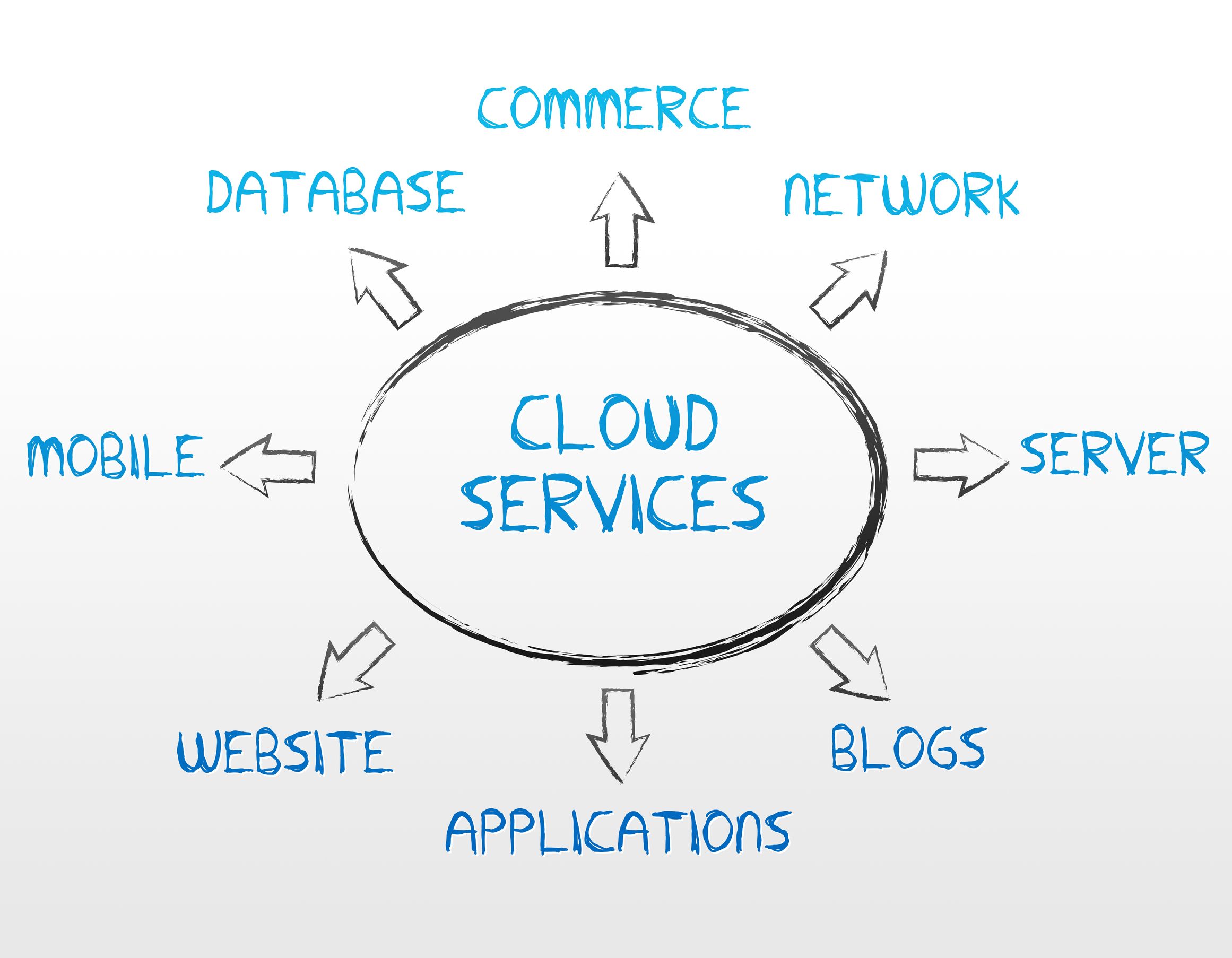There are several differences between web hosting services and colocation services. However, for most businesses, the key difference comes down to the ownership of the server. There are other factors to consider as well that differentiate these two options.
Web Hosting
Web hosting is the most well-known of the two possibilities. In this situation, the provider owns the servers, and the tenant uses a specific amount of the resources and bandwidth of the server. There are two traditional options with web hosting. These include shared hosting, with multiple tenants to a server, or dedicated hosting, where one tenant is on the server.
The hosting service maintains the servers and, in the case of shared hosting, also controls the administrative functions of the server. This limits what tenants (website owners) can change. With dedicated hosting, this restriction is lifted.
Web hosting can also be cloud-based. With cloud web hosting, the tenants in the cloud have flexible, scalable options and virtually no restrictions on use or data storage as the data center has multiple linked computers and their resources in use for the cloud.
Colocation
Colocation services also use a data center. However, the business or customer supplies the server, and the data center houses the server. The business is responsible for the operation of the server, while the data center maintains the facility, provides the environment, and may also offer maintenance of the hardware and tech support.
For a business with the staff and expertise to run its own server, colocation is a cost-effective option. The business has all the infrastructure of the data center at its disposal while also having the ability to own, configure, and modify the server to meet their specific needs.
For more information on the benefits of colocation or hosting services, talk to the data center experts at Business Name. More details can also be found online at Business url.



